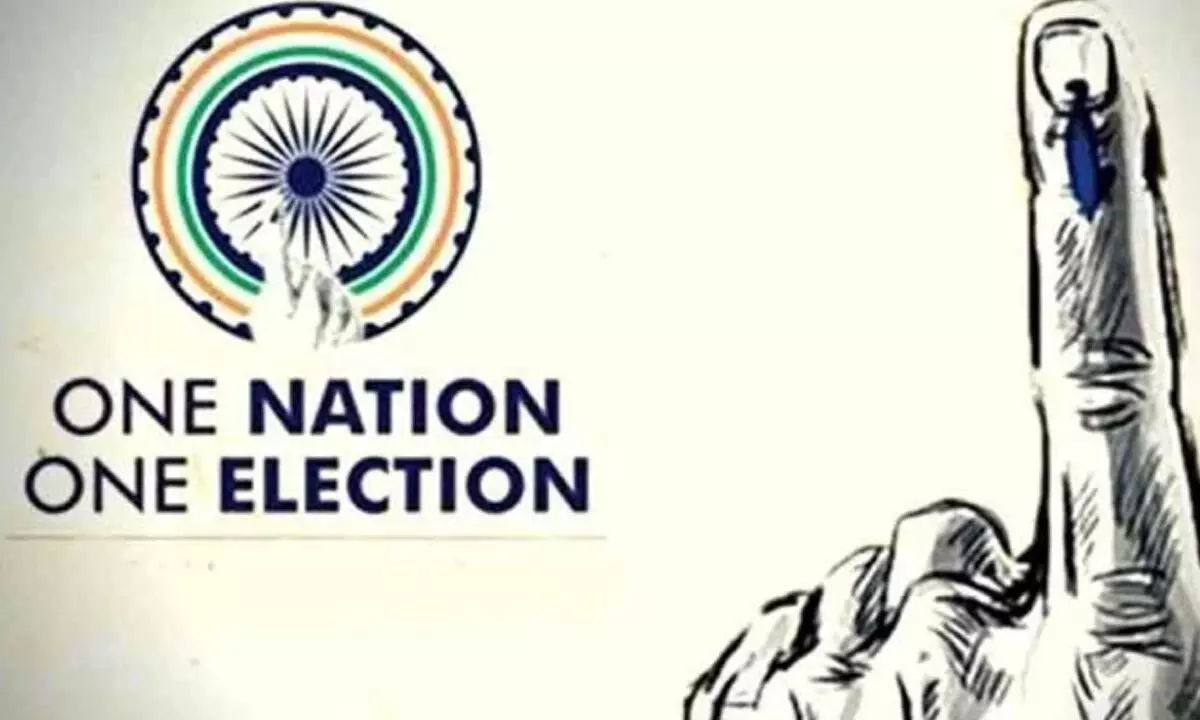Pros and Cons of India’s Present Election System vs. One Nation One Election

India conducts elections at three levels: Local Body Elections, State Assembly Elections, and Parliamentary Elections. Separate voter lists are maintained for each.
India conducts elections at three levels: Local Body Elections, State Assembly Elections, and Parliamentary Elections. Separate voter lists are maintained for each. State Election Commissions (SECs) manage local elections, while the Election Commission of India (EC) handles state and national elections.
Pros of the Present Election System:
1. Focus on Local Issues: In the current system, local body elections focus on local issues, allowing regional parties to address concerns unique to specific areas.
2. Checks and Balances: Elections at different times create a cycle where governments and political parties are constantly held accountable by the public.
3. Diversity in Politics: The staggered nature of elections helps regional parties maintain a distinct presence, giving them a platform to compete with larger national parties.
Cons of the Present Election System:
1. Frequent Interruptions: The current system leads to frequent elections, interrupting government functioning and delaying developmental work.
2. Higher Costs: Separate elections for local, state, and national bodies result in repeated expenditures for the government and the Election Commissions.
3. Voter Fatigue: Multiple elections may overwhelm voters, leading to decreased voter turnout over time.
All About 'One Nation, One Election'
Prime Minister Narendra Modi recently addressed the concept of One Nation, One Election at the All India Presiding Officers Conference. This initiative would require conducting elections for all levels (local, state, and national) on a single day using a unified voter list.
Pros of 'One Nation, One Election':
1. Saves Time and Money: By consolidating elections, the government and Election Commissions can save significant time and resources.
2. Continuous Governance: This system would minimise disruptions in government functioning and allow developmental projects to progress without delays.
3. Streamlined Efforts: Election Commissions would experience reduced workloads as there would be fewer election cycles to manage.
Cons of 'One Nation, One Election':
1. Neglect of Local Issues: Local problems may get overshadowed as national issues take precedence during campaigns.
2. Challenges for Regional Parties: Smaller, regional parties could struggle to compete with larger national parties in a consolidated election process.
3. Risk of Re-elections: If a government fails to secure a majority, re-elections might be required, defeating the purpose of holding a single election day.
What's Next?
The concept of One Nation, One Election adds to other unified systems such as One Nation, One Tax and One Nation, One Budget. Could there be more centralised reforms on the horizon?
















